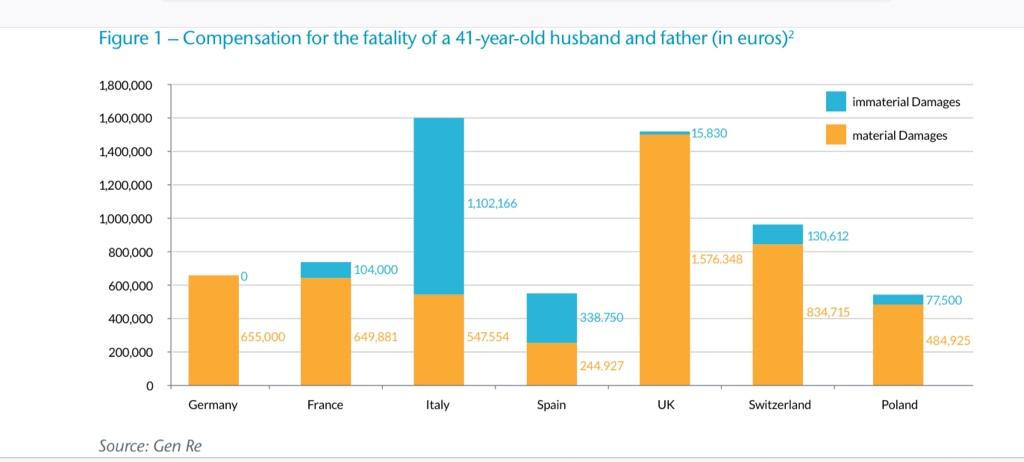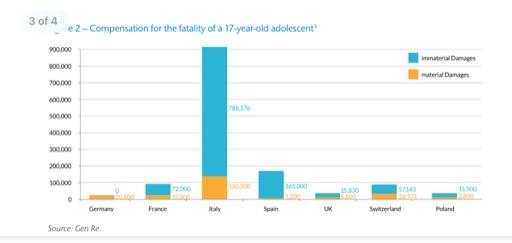First, let me be clear that I fully concur with findings of damages based on actual liability due to direct and clear incompetence or malfeasance. And yes, there is little more than can be done to compensate for loss than to offset financially. (And, FWIW, I have served as a jury foreman on a vehicular injury liability case, so I am familiar with how the process works).
HOWEVER: Blindly filing lawsuits directed at the wealthiest entity that can be connected by even the slightest thread of connection is simply dishonest, and, IMO, unethical.
Collecting $10M from a doctor who botches a surgery ? Sure. Collecting a few billion from a medical device company that knowingly distributes a harmful drug or product? Absolutely.
Blaming a loosely connected third party for someone else's incompetence? That should be WAY out of bounds.
Let's say that I call for a "Rent-a-Jet" (fictitious name, I hope) ride for several of my employees to take to a customer site. Before the plane leaves its base to come pick them up, maintenance is done on the main landing gear. When it arrives at my airport to pick my people up, one side collapses on landing, sending it onto a taxiway and into another plane, killing several people. Should they sue one of my employees who was waiting for the plane, just because he has a large inheritance? Does it make sense to sue me for that liability? Be honest - where should the liability for the flawed maintenance rest?
The "lottery ticket" problem isn't that large findings exist. The problem is that they are often being extracted from a victim of mis-directed legal action - someone (or some corporate entity) who had no actual responsibility for the events, and who often had no reasonably foreseeable way to have done anything to change the outcome or prevent the problem.

 www.theverge.com
www.theverge.com



